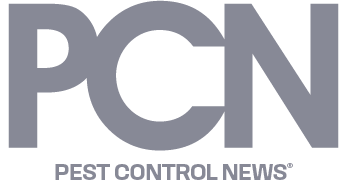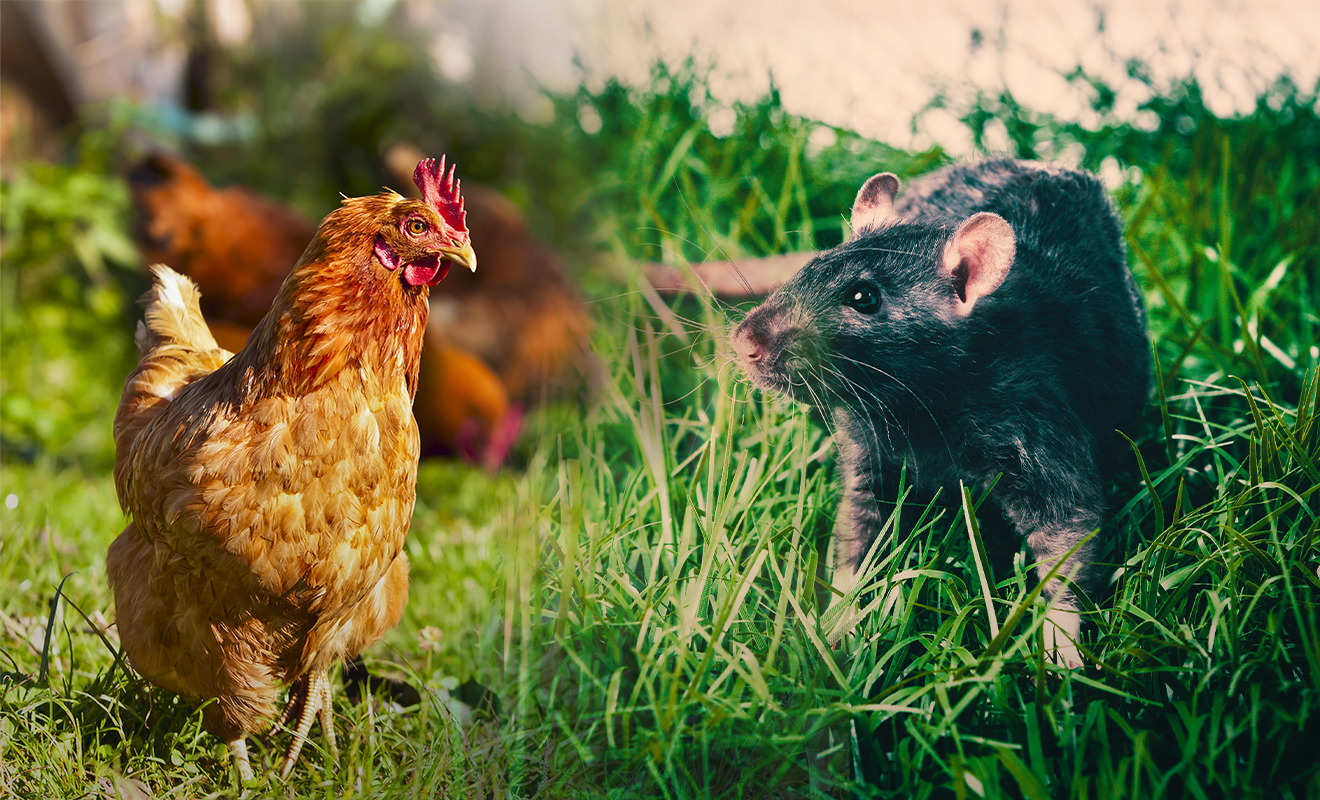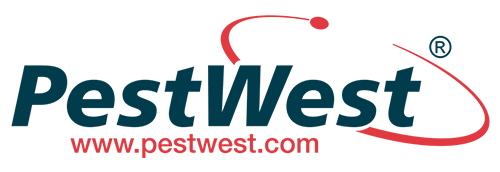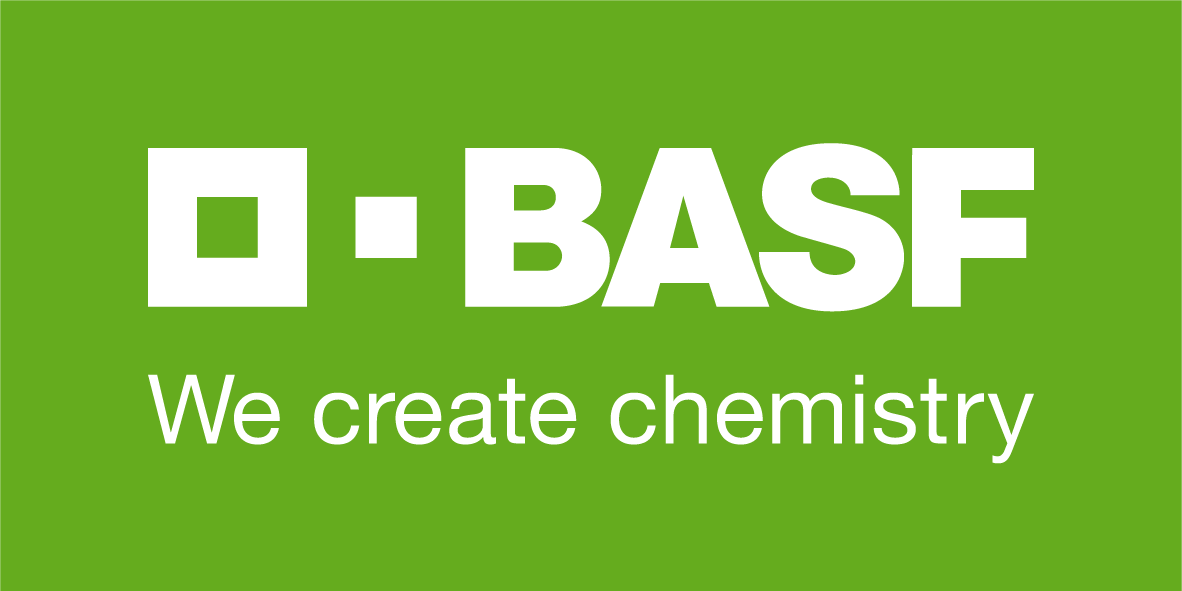The Defra document ‘Biosecurity and preventing welfare impacts in poultry and captive birds. Advice for all captive bird and poultry keepers (including game birds, waterfowl, and pet birds), updated 24th November 2021, highlights the importance of rodent control and wild bird proofing in avian flu outbreaks.
Please click HERE to view document.
There have been 25 confirmed cases of highly pathogenic avian influenza (HPAI) H5N1 in the UK.
Advice regarding rodent control is as follows:
- Keep wild birds, dogs, cats, rodents and other livestock out of poultry buildings and feed stores. These can carry infection or infective material onto your farm and spread disease to your flock.
- Have an effective rodent and pest control system in place. Be vigilant for evidence of vermin. Monitor vermin activity by baiting and trapping. Feed silos and containers must be regularly cleaned, maintained and properly sealed, to prevent vermin and wild birds accessing and contaminating feed.
- At depopulation at the end of a production cycle (for example at the end of lay for laying hens), thoroughly clean the building and all equipment, including ducting, drains and fans. Remove all surplus feed, dead birds and litter. Disinfect the premises and all equipment and carry out rodent and other pest control. You should also clean and disinfect cleaning equipment and protective clothing.
- You must consider what measures may be appropriate and practical to protect your birds from contact with wild birds, such as feeding and watering birds indoors or under protection from wild birds and rodents (see the advice on protecting your birds from wild birds later in this guidance). Talk to your private veterinarian for further advice.
To reduce the risk of your birds becoming infected with Avian Influenza, you should take steps to avoid your birds coming in to contact with wild birds, or their faeces/body fluids:
- You should undertake vermin (rats and mice) control to reduce their contact with feed and water for pigeons.
Protecting your birds from wild birds
One way by which notifiable avian disease may spread to poultry is through contact with infected wild birds. Contact may be direct (through mingling), or indirect (through bird secretions, faeces, feathers, rodents etc., contaminating anything that may then come into contact with poultry such as feed, water, utensils clothing or vermin). Flooding at your premises or fields nearby can attract wild birds, thereby increasing the risk of notifiable avian disease. Flood water can be contaminated (with wild bird infectious material), which can get into poultry houses or range areas. Make sure poultry houses or sheds on your premises are well maintained to prevent wild birds from nesting or roosting in them. It is important that you regularly inspect the building(s) used to house your poultry (including game birds and pet birds) for any structural damage (such as leaks e.g. roofs, holes, blocked drains or downpipes) and repair any defects without undue delay. Notifiable avian disease can be introduced into poorly maintained poultry houses, via wild birds, rats or mice that could mechanically carry virus into the house, or ingress of contaminated water. It is your responsibility to make sure your birds are protected from disease causing agents. Biosecurity is cumulative, so the more you do, the better protected your birds will be. Where an Avian Influenza Prevention Zone or other disease control zone such as a Protection Zone, Surveillance Zone or Restricted Zone has been declared, the declaration will state the mandatory biosecurity and wild bird separation measures that will apply. You must follow the disease control measures and any published guidance in force at the time.
